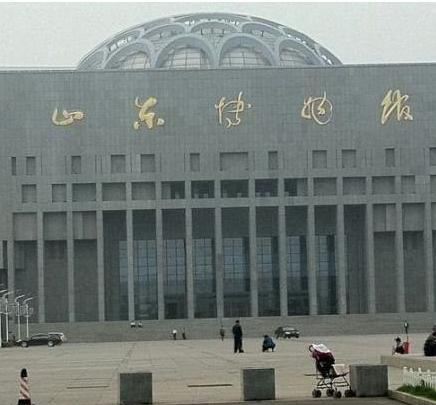In a crowded bus in China, a middle aged man sees a young kid standing by him. He stands up and yields his seat to the kid, who says to him "谢谢叔叔!", literally "Thank you Uncle!" Can a non-family-relative be called uncle, aunt, grandma or grandpa? I
posted a question to a language discussion forum, because I read, in a German language textbook, "Kinder, das ist Onkel Schmitt aus Amerika" ("Children, this is Uncle Schmitt from America"), which prompted me to think that a non-relative can be called uncle in Germany.
The discussion was quite active, with most responses providing cases where a non-relative
can be called uncle in different parts of the world in different languages, even in the US. But there're some nuances in usage: in most cases, if the name follows the title, it becomes more acceptable (just "Uncle" may be rare but "Uncle George" is acceptable in many situations); this addressing is more popular in a rural area; and it was used more than it is now.
Keeping those minor differences in mind, I would summarize three types.
(A) Even a
stranger on a bus may be called aunt, uncle, grandpa,
grandma, older brother/sister, not followed by a name. Countries having this usage: Japan,
China, possibly many other Oriental countries.
(B) A
good friend may be called aunt, .... Countries: UK, Turkey, Germany,...
(C)
Only family members or relatives are addressed like this. Countries: US,...
The above distinction is definitely changing in time and varies from place to place even inside one country or culture zone. I've been in the US
for only 20 years and never lived in a rural area. I won't be surprised if a neighbor is
called Uncle George by all kids on the street. But
that's probably very special, only for specific persons deserving this
dearly respect in a small area, not generally applicable. So I don't
consider it to be type (B).
An example in type (A) is at the beginning of this posting. Here's another one. A Chinese greets his male same-age friend at
the door. If the friend is a Chinese (or Chinese American), the father
would like his child to say to his friend "叔叔好!" (literally
"Hello Uncle"). But if the friend is not a Chinese, this greeting
("Hello Uncle") would be awkward and confusing to say the least.
The three types do not include cases that are too informal, or if the title
applies to only a very specific person in a specific group (imagine a
well respected old man in a church where everyone dearly calls him
"Grandpa"). The reason for these exclusions is that in these cases,
these family relative names can be used across all cultures, not
culturally sensitive or interesting.
Needless to say, there's nothing
absolute, especially the distinction between (B) and (C). It's
more like a continuing spectrum. At one extreme, a stranger on the bus
can be called "uncle" if he yields his seat to a little
kid, who would say "Thank you, Uncle!". At the other extreme, the man
has to have fairly close relationship with the child or his parents to
be addressed that way. It's the degree of the closeness, maybe among
other factors, that maps into the continuing spectrum.
